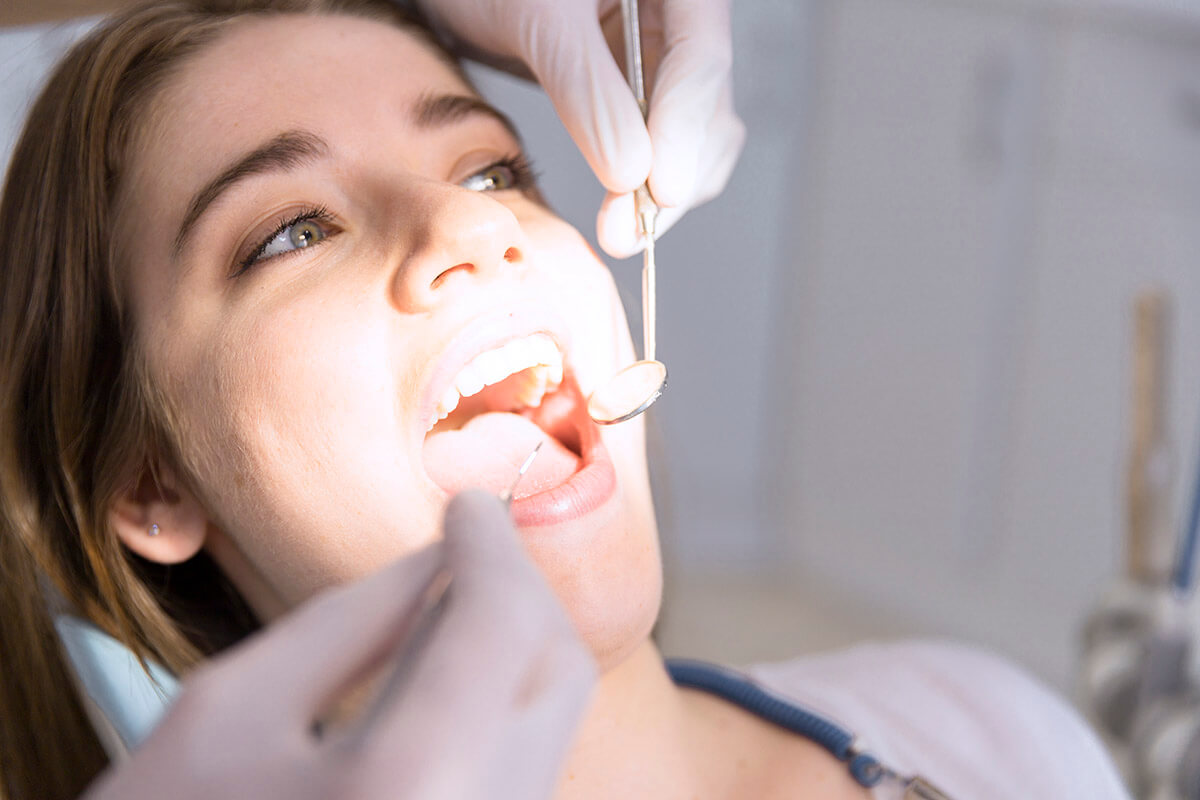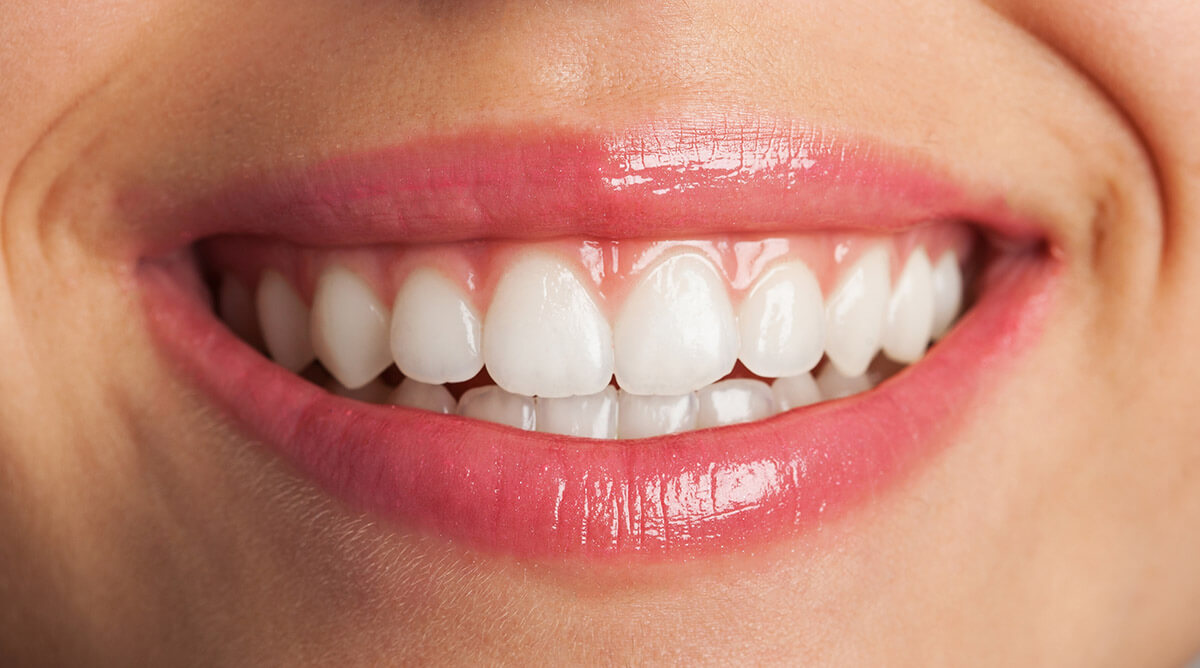Periodontology is a branch of dentistry dealing with prophylaxis and treatment of periodontal and oral mucosa diseases.
Periodontium is a set of tissues that surround and keep teeth in the alveolus. The primary function of the periodontium is to connect the tooth with the bone tissue, protect against bacterial infection and preserve the integrity of the oral cavity.
Paradontosis is a common name for periodontitis. It is a chronic disease caused by bacteria in the gingival pocket that cause inflammation. Untreated infection leads to gradual destruction of the tissues surrounding the teeth. This can lead to deterioration of bone teeth, their loosening and even loss. Inflammation can also develop in the tissues surrounding the implants.


